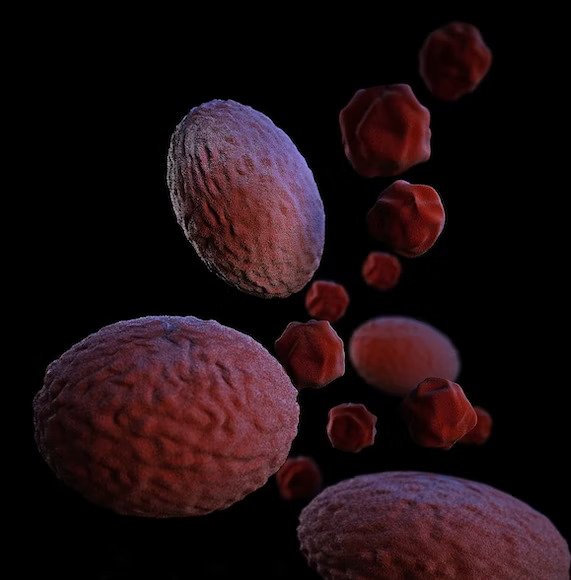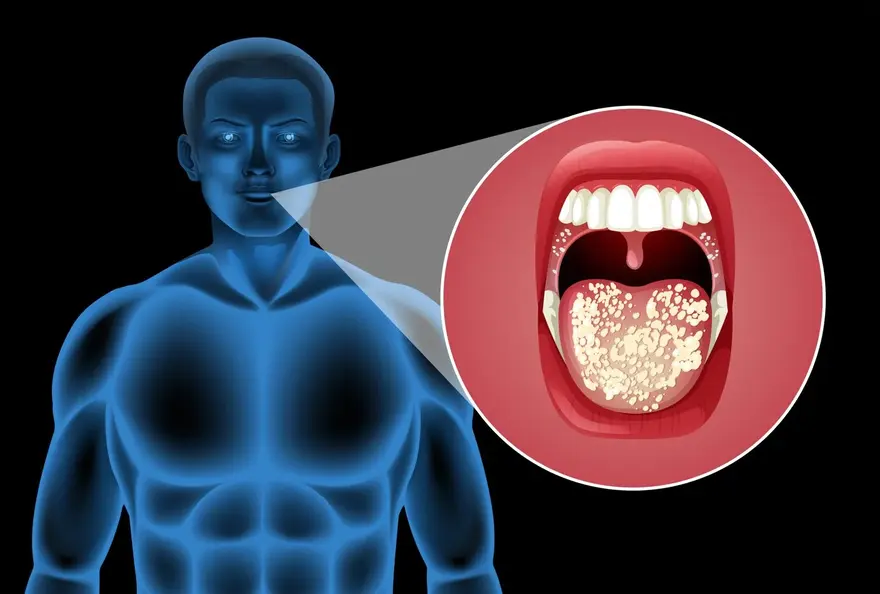Preventive Healthcare
Chlamydia: What It Is, Symptoms, Causes, Treatment & Prevention
4225 Views
0

What is Chlamydia?
Chlamydia is a quite prevalent sexually transmitted disease (STD) caused by the bacteria Chlamydia trachomatis. Chlamydia usually does not cause any symptoms in the early stages, but if left untreated, can lead to severe and long-term complications such as cervicitis in women and proctitis and urethritis in both men and women, and can also lead to infertility or ectopic pregnancy in women.
Though Chlamydia infects both women and men, women are found to be at 2 times higher risk than men for contracting the infection.
What are The Symptoms of Chlamydia?
A Chlamydia infection may cause no or only mild symptoms during the initial stages. In fact, as many as 40% to 96% of people with Chlamydia infection exhibit no symptoms. The symptoms commonly indicative of a chlamydial infection include painful urination, discharge from the vagina or penis, and lower pelvic pain. Some symptoms specific to men and women include:
Symptoms in Women
1. Bleeding in between periods.
2. Unusual or increased vaginal discharge.
3. Pain during urination.
4. Bleeding following a sexual act.
5. Pain while having sex.
Symptoms in Men
1. Testicular pain or swelling.
2. Discharge from penis.
3. Pain with urination.
If the Chlamydia infection spreads to the eyes, it can cause redness of the eyes (conjunctivitis), and if the rectum also gets involved, the patient may experience symptoms of rectal pain, bleeding, or discharge.
Oral sex can also transmit the infection to the throat, in which case it may cause sore throat, fever, or cough, though it is not uncommon to have no throat symptoms even after getting the infection.
What are The Complications of Chlamydia Infection?
It is important to get Chlamydia infection diagnosed and treated promptly because if left untreated, it can cause severe complications that may include:
- Pelvic inflammatory disease (PID) which causes pelvic pain, and infertility and may even result in life-threatening ectopic pregnancy.
- Untreated Chlamydia infection in men can result in testicular pain and swelling, prostate gland infection, and even male infertility.
- Untreated Chlamydia in pregnant women can result in the transmission of the infection to the baby and cause neonatal infections such as pneumonia or conjunctivitis.
- Reactive arthritis is also a complication of Chlamydia, which may affect joints, eyes, and urethra.
How Do You Get Chlamydia?
Chlamydia is a sexually transmitted disease and is almost invariably transmitted through unprotected vaginal, anal, or oral sex. The chlamydia infection can spread from one partner to another with just genital touch even without intercourse or ejaculation.
Another mode of transmission for Chlamydia infection is from an infected mother to the baby during vaginal delivery. In such cases, it may cause symptoms of pneumonia or conjunctivitis in the newborn.
How Can Chlamydia Infection Be Prevented?
The following measures can help prevent Chlamydia infection:
- Always use condoms or other barriers such as dental dams during anal, vaginal, or oral sex.
- Avoid sharing sex toys or do so only after thorough washing.
- Avoid having multiple sexual partners.
- Get regular screenings for STDs.
- All pregnant women must get tested for Chlamydia to prevent transmission of infection to the newborn.
How is Chlamydia Diagnosed?
The most sensitive and accurate diagnostic test for Chlamydia is the NAAT (nucleic acid amplification test). The sample collected for Chlamydia testing is a vaginal swab or urine sample for women and a swab from the tip of the penis or a urine sample in the case of men.
Swabs can also be taken from your throat or anus if your physician suspects that chlamydial infection is present in these areas.
Conjunctivitis in neonates due to Chlamydia infection is diagnosed with the help of a DFA test (direct fluorescent antibody) for which a conjunctival swab is taken from the everted eyelid.
Chlamydial pneumonia is diagnosed in newborns with the help of tissue culture, for which a specimen is obtained by taking a nasopharyngeal swab.
Are There Any Precautions to Be Taken Before The Chlamydia Test?
Follow the instructions given by the laboratory regarding the Chlamydia test. No fasting is required before undergoing the test. You may be asked not to urinate for at least 20 minutes before the test. It is preferable to perform the test before starting the antibiotic treatment.
Who Should Get Tested For Chlamydia?
You should get tested for Chlamydia if:
1. You experience any of the symptoms suggestive of Chlamydia infection such as painful urination, discharge from the vagina or penis, lower pelvic pain etc.
2. Your sexual partner has been diagnosed with Chlamydia infection or shows symptoms of the disease.
3. Pregnant women must get tested for Chlamydia to rule out any asymptomatic infection to prevent transmission to the newborn during delivery.
4.The CDC (Centre for Disease Control) recommends that all sexually active young women below the age of 25 should get tested every year to rule out Chlamydia infection.
5. It is recommended to get tested for Chlamydia as part of routine screening, especially if you have a positive history of any STDs.
How is Chlamydia Infection Treated?
Chlamydia is a bacterial infection so antibiotics are used for its treatment. Azithromycin and doxycycline are the two most commonly used antibiotics for Chlamydia treatment, though other antibiotics may also be used. It is extremely important to follow the instructions of your doctor and take the complete course of antibiotics as prescribed in order to fully recover from the infection.
Both sexual partners need to be treated in order to prevent recurrent infections. Consult your physician before resuming sexual activity to ensure that both of you have been cleared of the infection.
Abstain from sex while you are undergoing the Chlamydia treatment, as you may still transmit the infection.
It is important to note that being successfully treated for Chlamydia once does not make you immune to it and you can get a recurrent infection if exposed to the Chlamydia bacteria again.
Conclusion
Chlamydia infections are often “silent infections” and do not show symptoms in a majority of the infected individuals. Diagnosis with the help of laboratory tests remains the mainstay to catch the infection early, get treated, and prevent transmission. It is always recommended to get the testing done at a well-equipped and certified lab to get accurate results. You can book your chlamydia test today at Metropolis Healthcare.























 WhatsApp
WhatsApp